Getting a puppy when you live in an apartment is exciting! But it can also feel tricky. With less space, you need to think more about how to handle your new furry friend’s energy and behavior.
Don’t worry though – you can totally train a puppy in a small space! It just takes the right approach and a bit of patience.
In this guide, we’ll share effective puppy training tips for apartment dwellers, so you can create a happy, well-behaved pup without sacrificing your living space.
Are you dealing with potty accidents? Worried about barking that bothers neighbors? Not sure where your puppy can play safely? We’ll help you solve all these problems.
Let’s jump in and make apartment living work perfectly for both you and your new best friend!
1. Picking the Right Puppy for Your Apartment
Think About the Breed
Some dog breeds love apartment life! The American Kennel Club says many big dogs actually have low energy. They’re happy to relax on your couch all day.
Great apartment breeds include:
- Basset Hound
- English Bulldog
- Greyhound
These dogs are calm and don’t need tons of exercise. Perfect for small spaces!
Size and Energy Matter
Smaller dogs often do better in apartments. They need less room to run around. Sweet breeds like these work well:
- Cavalier King Charles Spaniel
- Shih Tzu
- Pug
But be careful! Some small dogs have big energy. A Jack Russell Terrier might be too hyper for apartment life.
2. Making Your Apartment Puppy-Ready
Create Special Spots
Give your puppy their own areas to eat, sleep, and play. This helps them feel safe and learn the rules. Set up a cozy bed or crate where they can relax.
Keep Things Safe
Puppy-proof your home to avoid problems:
- Hide electrical cords
- Remove plants that might hurt them
- Put small items up high
- Use baby gates to block off areas
3. Build a Daily Routine
Set Meal and Potty Times
Feed your puppy at the same times each day. Take them out for bathroom breaks on schedule too. This routine helps with house training and prevents accidents.
Plan Exercise and Fun
Your puppy needs daily activity, even in a small space:
- Short walks outside
- Play games inside
- Use puzzle toys to keep their mind busy
This prevents boredom and stops them from chewing your stuff!
Pick the right breed, make your apartment safe, and stick to a routine. With patience, your puppy will love their new apartment home!
4. Basic Training for Small Spaces
Teaching Commands
Start with the basics: “sit,” “stay,” and “come.” These are super important in apartments where space is tight. The American Kennel Club says you can start training when your puppy is just 8 weeks old!
Keep training sessions short and fun. Use treats and praise to reward good behavior. Your puppy will learn faster this way.
Leash Training
Every apartment puppy needs to walk on a leash. Start inside your home first. Let your puppy wear the leash and get used to how it feels.
Then practice walking in your hallway or a small room. This teaches them to walk nicely on a leash, even in tight spaces.
Reward Good Behavior
Always use treats and praise when your puppy does something right. Give the reward right away so they connect the good behavior with the treat. This makes them want to do it again!
5. Fixing Common Problems
Too Much Barking
Barking can upset your neighbors. First, figure out why your puppy barks. Are they bored? Scared? Hearing sounds in the hallway?
Once you know the reason, you can fix it. Give them toys if they’re bored. Comfort them if they’re scared. Train them to be quiet on command.
Chewing Everything
Puppies love to chew! Give them proper chew toys and redirect them when they chew your stuff. Say “no” to the couch, then give them their toy instead. Praise them when they chew the right things.
Being Alone
Puppies can get scared when left alone. Start small – leave them alone for just a few minutes. Use a crate or baby gate to keep them in a safe space.
Slowly make the alone time longer. This builds their confidence and helps them feel okay by themselves.
6. Meeting the World
New Places and Sounds
City life is full of new sights and sounds! Take your puppy to different places so they get used to urban life. Start slow and keep things positive.
Let them hear car sounds, see people walking by, and smell new things. This helps them become a confident city dog.
Playing with Friends
Set up playdates with other friendly dogs. Make sure all interactions are safe and fun. Puppy classes are also great for meeting other dogs in a controlled way.
These strategies work great in apartments! With patience and consistency, you’ll have a well-behaved puppy who loves their city home.
7. Utilizing Professional Training Resources
Training your puppy in an apartment can be both rewarding and challenging. If you’re seeking additional support, professional training resources can be incredibly beneficial. Here’s how to make the most of them:
Local Trainers: Seek Professional Help if Needed
If you’re facing specific behavioral challenges or simply want guidance tailored to your puppy’s needs, local trainers can provide personalized assistance. Many trainers offer group classes, private sessions, or specialized programs to address issues like separation anxiety, excessive barking, or leash pulling. For instance, PetSmart offers a range of classes from puppy basics to advanced obedience . Similarly, Petco provides hour-long classes for all ages and breeds, starting at $24.83 per class. The Spruce Pets
Online Courses: Explore Virtual Training Options
Online dog training courses are a convenient way to train your puppy from the comfort of your apartment. These courses often include video tutorials, step-by-step guides, and support from professional trainers. For example, SpiritDog Training offers online courses designed to help you solve specific problems with 10-minute daily lessons . Similarly, DIYK9 provides a variety of courses, including potty training and crate training, with lifetime access .
Conclusion
Training your puppy in an apartment setting requires patience, consistency, and the right resources. By choosing the appropriate breed, setting up a puppy-friendly environment, establishing a consistent routine, and utilizing professional training resources, you can ensure a harmonious living situation for both you and your puppy. Remember, every puppy is unique, and finding the right approach may take time. Don’t hesitate to seek professional help if needed, and always celebrate the small victories along the way.
Feel free to share your experiences or ask any questions in the comments below. We’re here to support you on this exciting journey with your new companion!
FAQS
How do you train a puppy in a small apartment?
Start with basic commands like sit and stay. Create designated spaces for eating and sleeping. Use positive reinforcement with treats. Establish a daily routine for feeding, potty breaks, and exercise to help your puppy adjust to apartment living.
What breeds are best for apartment living?
Choose calm, low-energy breeds like English Bulldogs, Basset Hounds, or Cavalier King Charles Spaniels. These dogs adapt well to small spaces and don’t need excessive exercise, making them perfect companions for apartment dwellers.
How do you potty train a puppy in an apartment?
Set regular feeding times and take your puppy outside immediately after meals. Use puppy pads as backup indoors. Praise and treat when they go outside. Consistency and patience are key to successful apartment potty training.
How do you stop a puppy from barking in an apartment?
Identify why your puppy barks – boredom, anxiety, or outside sounds. Provide mental stimulation with toys. Train the “quiet” command using treats. Address underlying causes to reduce excessive barking and keep neighbors happy.
Can you train a large dog in an apartment?
Yes, many large breeds like Greyhounds have low energy and adapt well to apartments. Focus on daily walks, mental stimulation, and basic obedience training. The dog’s temperament matters more than size for apartment success.
How much exercise does an apartment puppy need?
Apartment puppies need 30-60 minutes of daily exercise through short walks, indoor play, and mental games. Adjust based on breed and age. Regular activity prevents destructive behavior and keeps your puppy healthy and happy.
How long does it take to train a puppy in an apartment?
Basic apartment training takes 3-6 months with consistent daily practice. House training typically takes 4-8 weeks. Every puppy learns at different speeds, so patience and regular training sessions are essential for success.


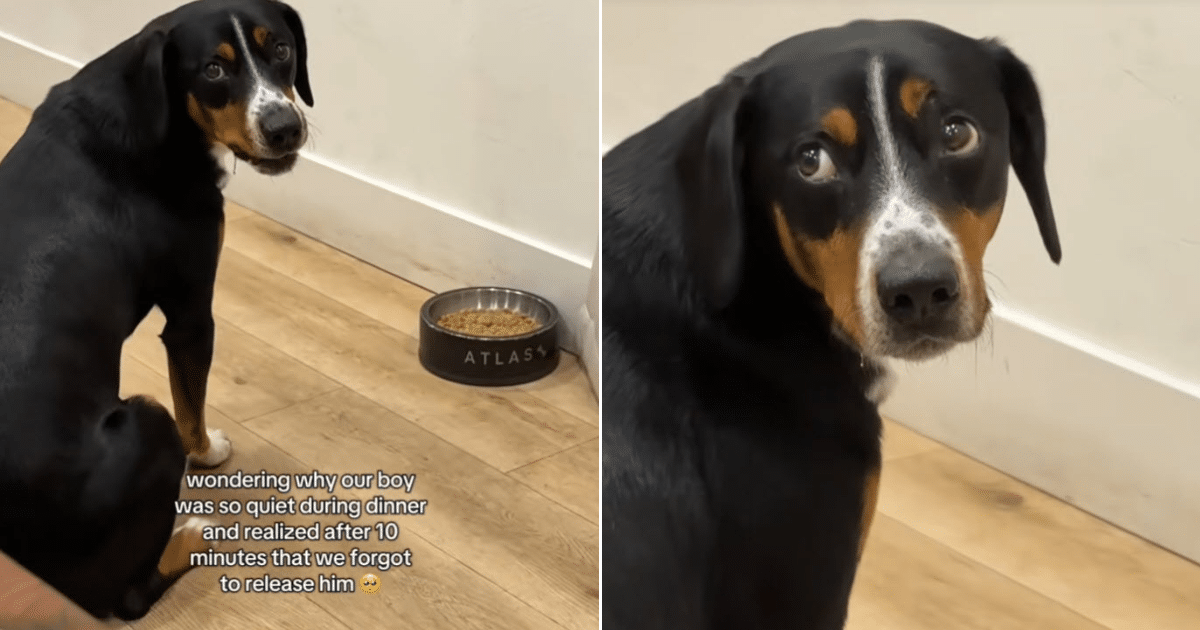
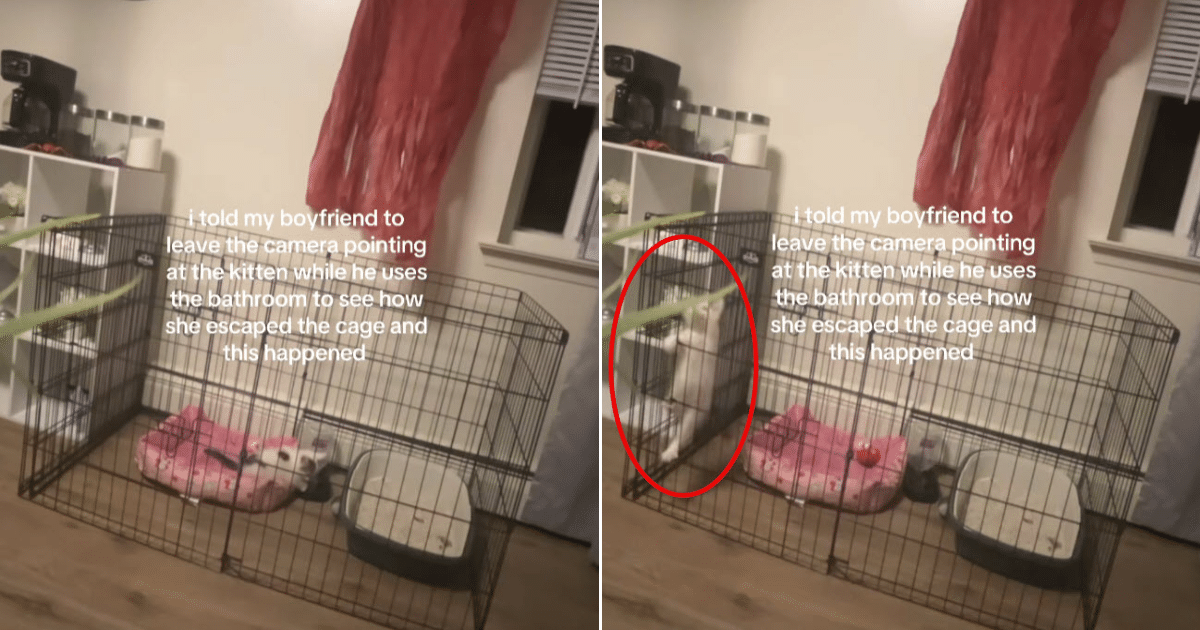

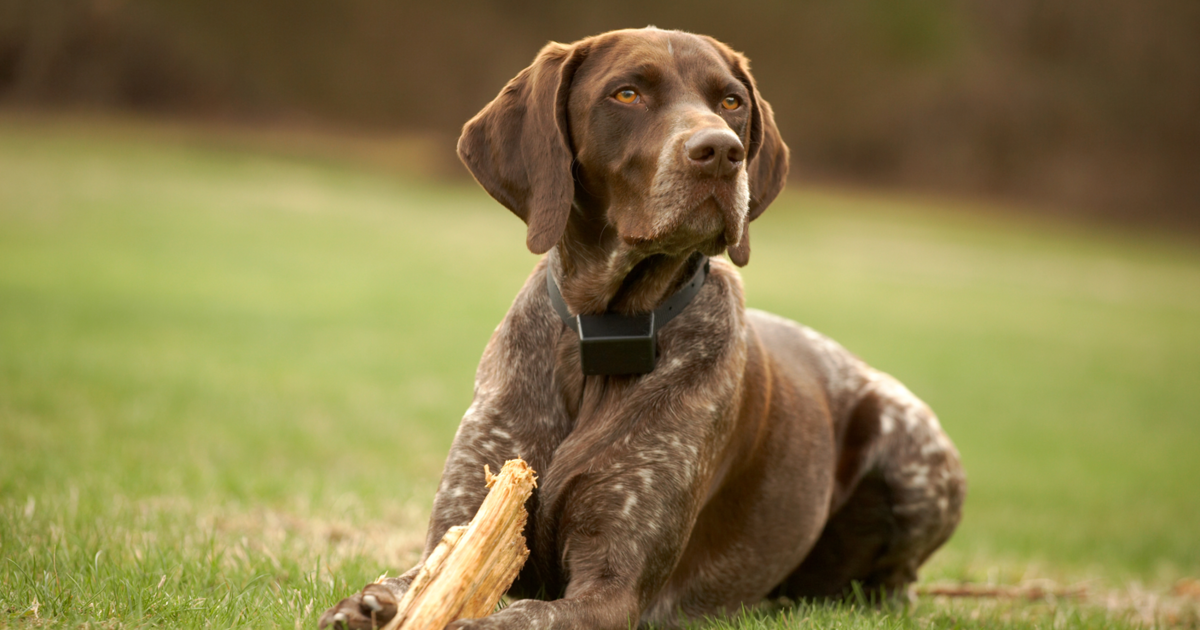
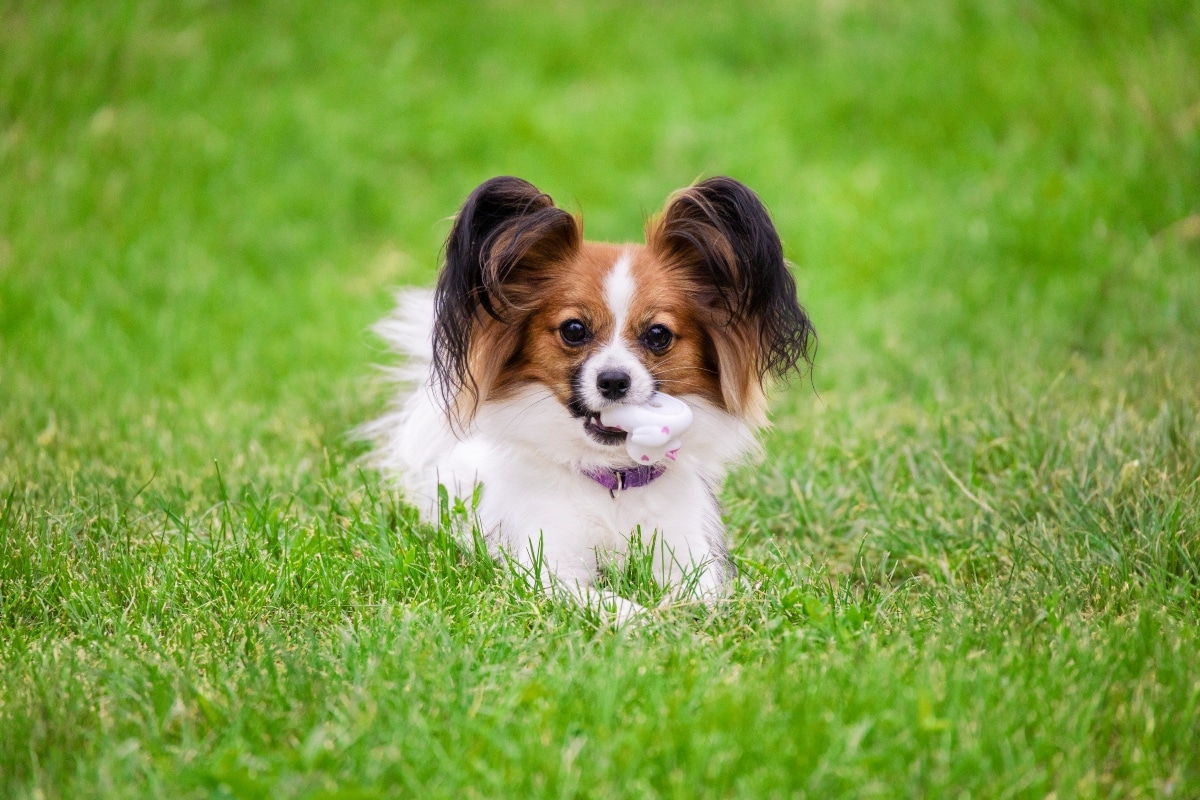

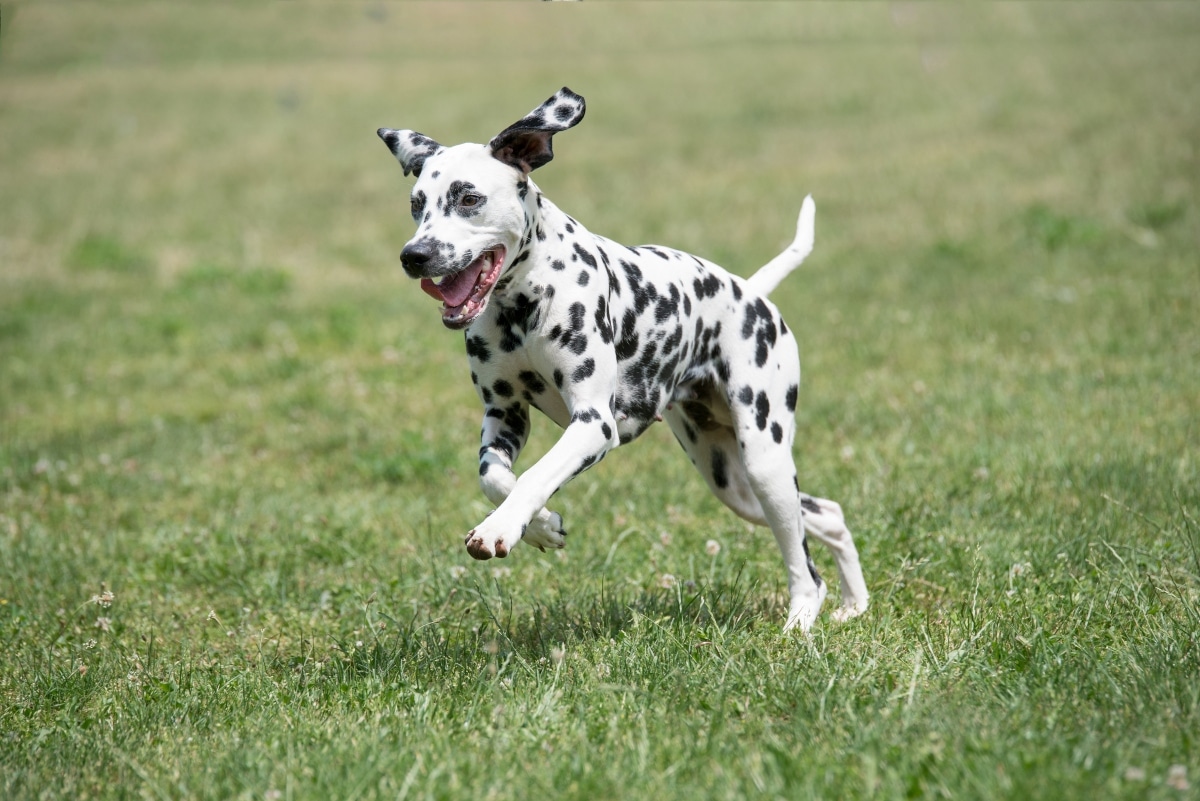
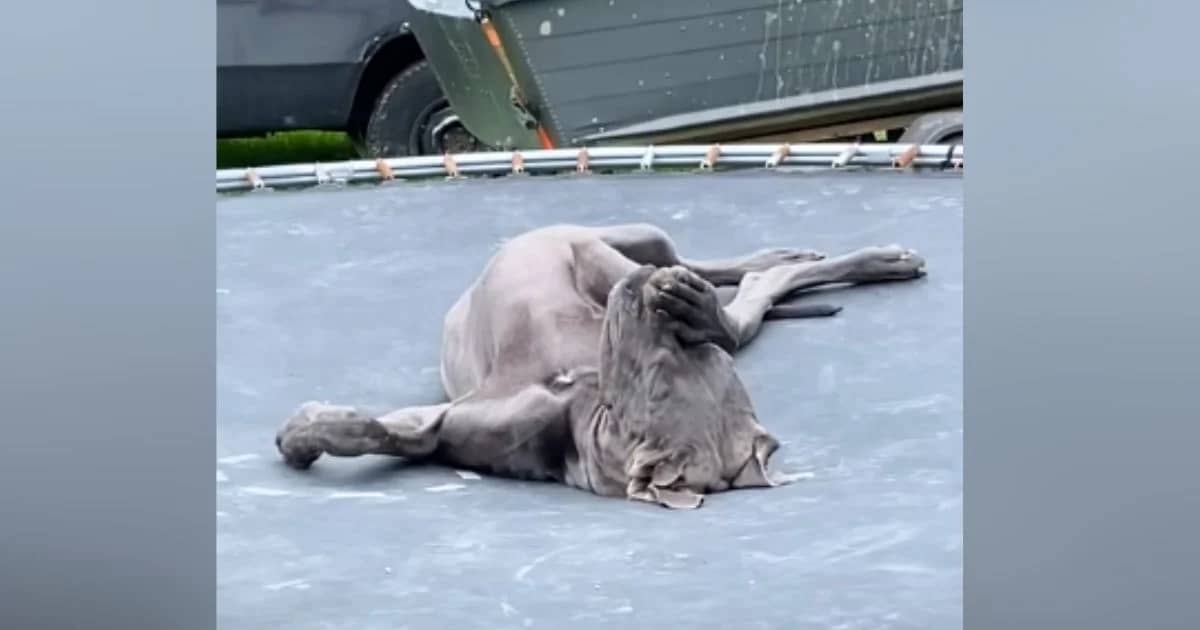


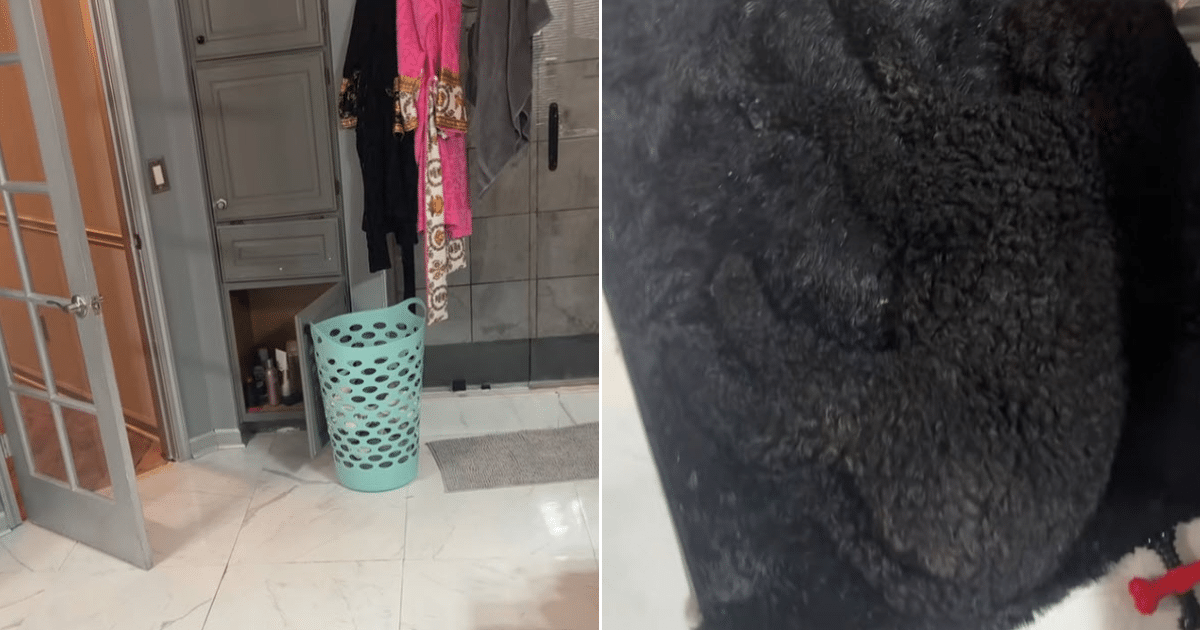

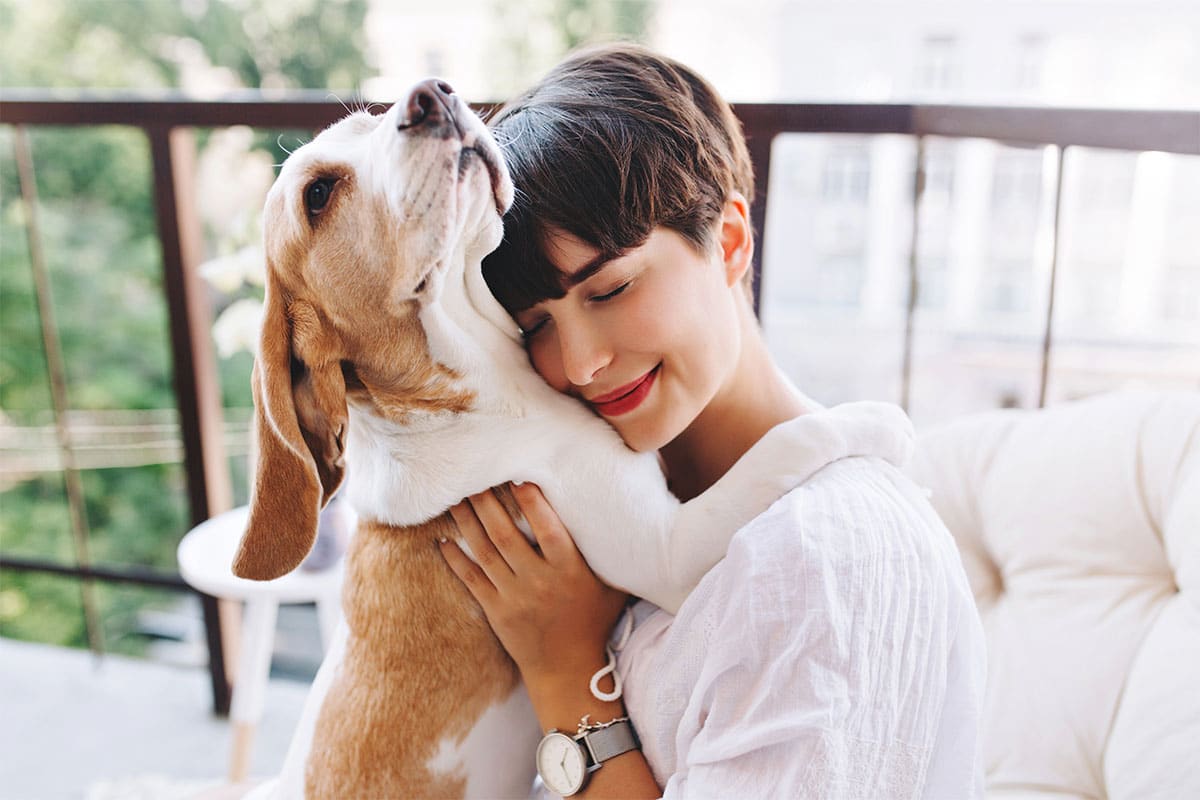

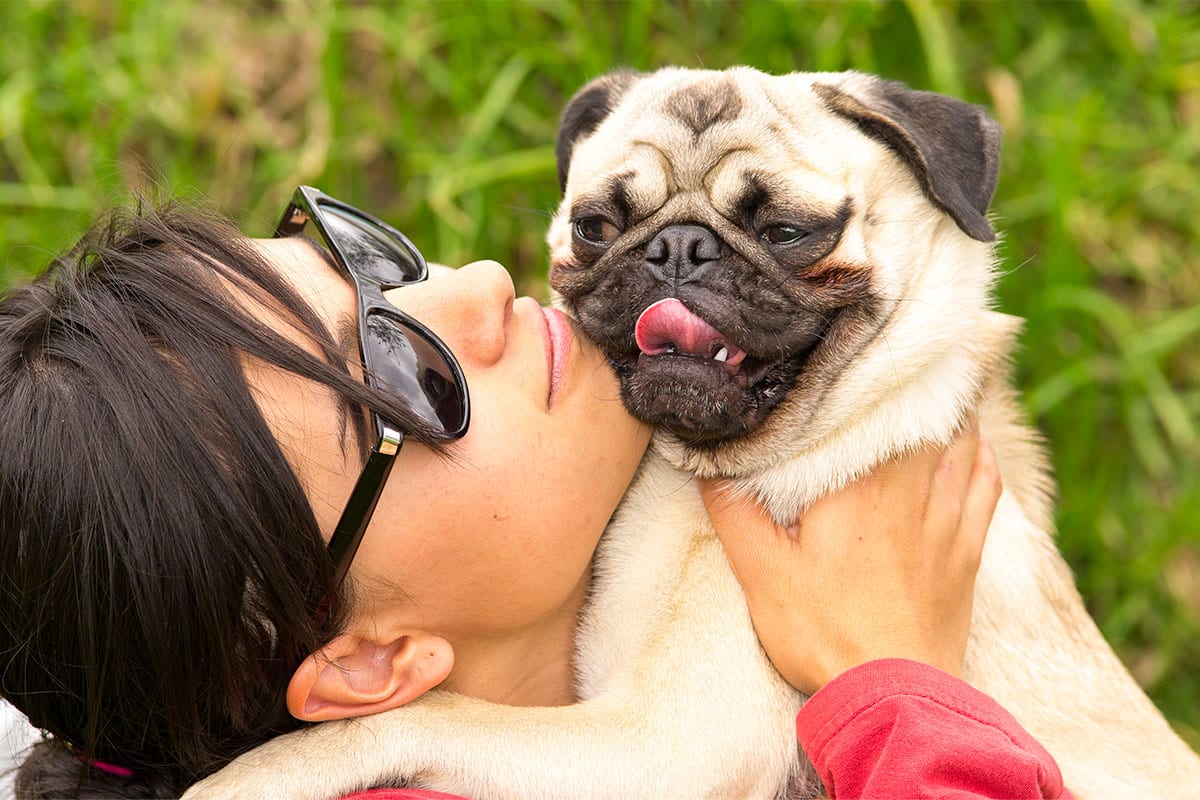
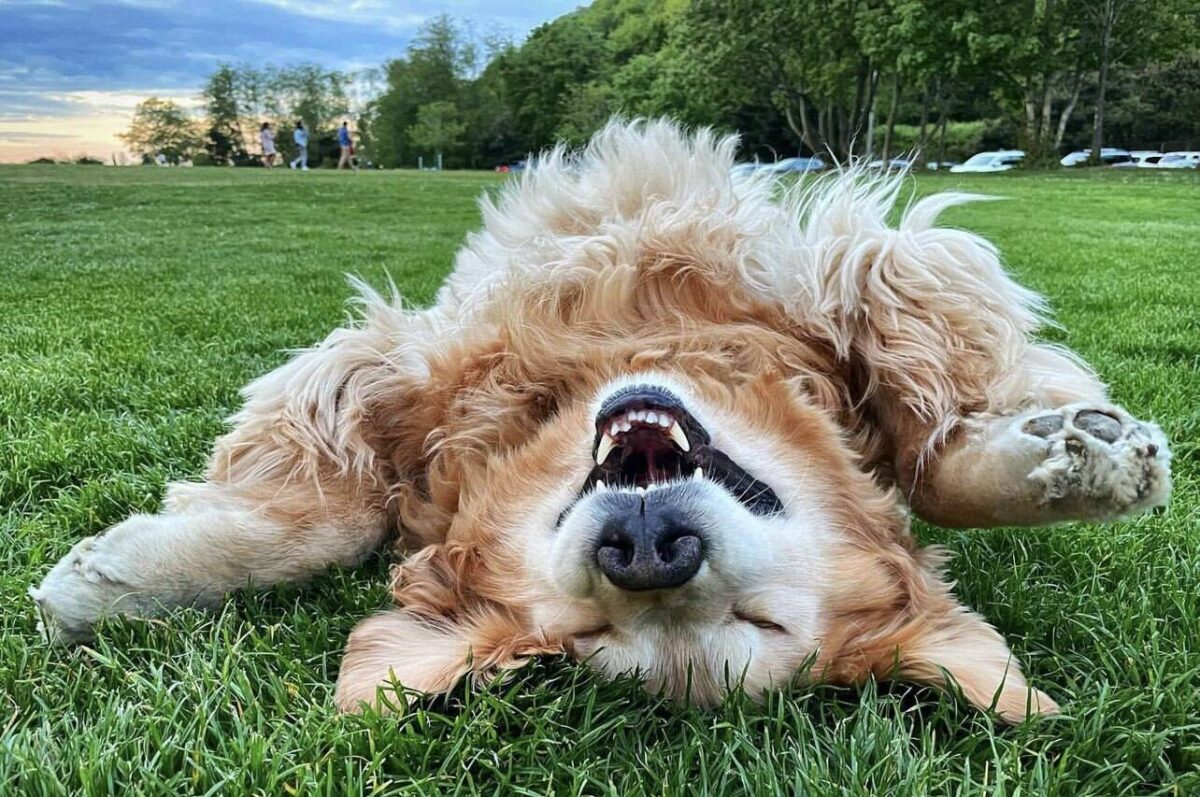

 English (US) ·
English (US) ·